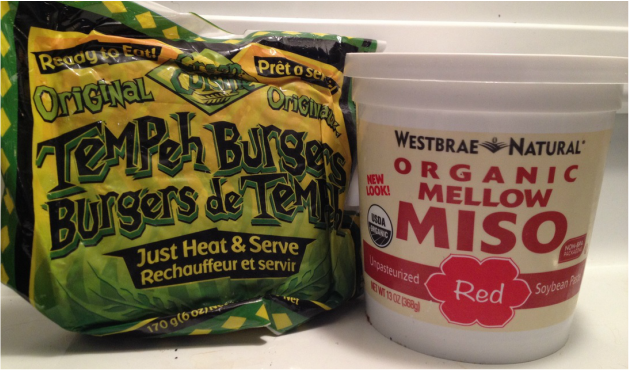
I am sure most have you have been subjected to marketing about yogurt containing probiotics. Over the years I have taught lots of kids about nutrition and I always find it interesting how marketing affects them. Probiotics is a great example. Many kids have heard of probiotics. When I ask them where they have heard about it most tell me from the TV commercials, a few say from their parents. Some tell me that it’s something you take with antibiotics. But when I ask them if anyone actually knows what probiotics are, a silence usually falls over the group. Sometimes people know that it is something that is good for you – for digestion or something. “Isn’t it in yogurt?” is another common answer that I get. Marketing is a strong force. Most people think they are good, but are unsure what probiotics really are.
So, what are they? The definition for probiotics is “live microorganisms which when administered in adequate amounts confer a health benefit on the host” (1). What that means is that probiotics are good bacteria that help keep a healthy balance of good to bad bacteria in our colons. The most common strains, found in both food and supplements, include Lactobacillus and Bifidobacterium (1). Where as Enterococcus species, Bacillus species, Escherichia coli and Saccharomyces boulardii are more often found in supplements (1).
Probiotics are measured in CFU – Colony Forming Units. This is the actual number of live microorganisms in the food or supplement. (1).
It is important to choose the correct genus, species and strain in order to get the benefits you are looking for. Different strains of the same species can have different effects in the body. For example, if you are looking for a probiotic for reason X, looking for one that contains Lactobacillus is not specific enough to know if it will help with X(1). To make things more complicated, many companies come up with names for the probiotics they are using for “consumer ease” however, this name does not tell you what the scientific name of the microorganism is (1).
Why probiotics are good?
· Help with the symptoms of IBS (irritable bowel syndrome)
· Help with the symptoms of IBD (inflammatory bowel disease)
· Help with decreasing diarrhea if you have to take antibiotics
· Help with lactose intolerance for some people by helping with lactose digestion (some research is showing)(1)(2)
Where can you find them?
· Yogurt- keep in mind with yogurt that sugar in yogurt lessens the amount of bacteria. If possible choose plain
yogurt. Read about low fat and low sugar products- coming soon.
· Fermented foods: miso, tempeh, natto, sauerkraut, kimchi, pickled vegetables, etc.
· Fermented drinks: kombucha tea, fermented ginger beer, water kefir, etc
· Kefir
· You now see probiotics popping up in all sorts of products such as: juice, cereal, gum, icecream, cheese, candy,
chocolate. Just because these foods claim to have probiotics, does not necessarily make them a healthy food. (1)
· For babies and kids you see probiotics popping up in formula, follow-up milks, and breast milk substitutes (1)
· Probiotic Supplements
Who should be taking them?
It is safe for most people to take probiotics, including children and pregnant women. However, those with weakened or immature immune systems should use caution (3). If you are considering giving probiotics to your baby I would recommend talking to your health care provider or book a visit with me, a Registered Dietitian. I recommend taking probiotics on an ongoing basis and of course include food sources in your diet as much as possible. Probiotics need to be taken and eaten regularly to gain the benefits. If you have a milk allergy (versus intolerance) you will want to be cautious taking probiotics as they are typically grown on a culture that contain the milk protein. You can, however find sources that are dairy free.
I always tell my clients that I am “pro” probiotics. Most people are not getting the probiotics that we used to. Our food is so ‘clean’ that we just don’t get exposed to the bacteria like we did years ago.
Do you need help choosing the right probiotic for you? Contact Jill, Nurture The Future’s Registered Dietitian at [email protected]
References:
1 PEN current issue- probiotics in the marketplace feb 2011
2 http://www.eatrightontario.ca/en/Articles/Probiotics/prebiotics/The-Pros-of-Probiotics.aspx#.VA-Shy5dUWz
3 http://www.todaysdietitian.com/newarchives/100111p46.shtml

 RSS Feed
RSS Feed

.png.aspx?width=150&height=150)
